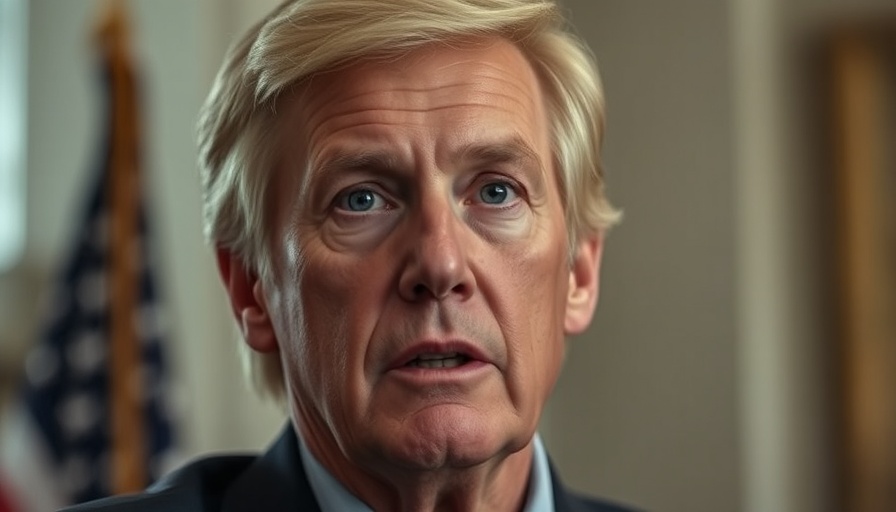
Understanding the Legal Landscape of DEI Grants
In a significant ruling, U.S. District Judge Matthew Kennelly has temporarily upheld the rights of grant recipients to continue their diversity, equity, and inclusion (DEI) programs, amidst new regulations proposed by the Trump administration. This decision not only highlights the ongoing debate surrounding DEI initiatives but also underscores crucial constitutional protections regarding free speech.
The Role of Diversity, Equity, and Inclusion in Modern Workplaces
Diversity, equity, and inclusion in the workplace are more than just buzzwords; they reflect a growing recognition that varied perspectives drive innovation and performance. Organizations across sectors—ranging from healthcare to technology—are investing heavily in DEI to improve work environments. Nonprofits like Chicago Women in Trades (CWIT) underscore the impact of DEI efforts with programs aimed at training women for high-demand trades, positioning them for success in industries traditionally dominated by men.
A Closer Look at the Judge's Decision
Judge Kennelly's ruling came in response to a lawsuit brought by CWIT, which argued that the Trump administration’s requirement for grantees to disavow DEI programs violated their First Amendment rights. Given the substantial role DEI programs play in addressing historical inequalities, the ruling can be viewed as a reinforcement of rights for organizations that seek to promote inclusivity, even when federal funds are involved.
The Broader Implications of the Ruling
While the ruling offers a temporary reprieve, it also opens the door to broader discussions about the role of government in regulating organizational practices. The current political climate has seen an increase in rhetoric around DEI, with varying opinions on its importance. Supporters argue that such initiatives are essential for social progress, while opponents claim they can infringe on individual liberties and meritocracy.
What This Means for Grant Recipients Nationwide
For organizations benefiting from federal grants, this ruling provides critical insights into how to navigate funding requirements that may be at odds with their mission. Maintaining DEI programs may now coexist with government funding, but these organizations must remain vigilant as legal interpretations and regulations evolve.
Future Predictions: The Evolving Landscape of DEI Initiatives
Looking ahead, the future of DEI initiatives may be shaped by shifts in political leadership and public opinion. As advocacy for social justice gains traction, it is likely that stakeholder engagement will drive legislative changes that further embed DEI in organizational frameworks, both in public and private sectors. Organizations must stay informed about these changes to adjust their strategies accordingly, ensuring continued alignment with both funding bodies and their core missions.
Final Thoughts: The Importance of Advocacy
This ruling serves as a reminder of the importance of advocacy in shaping policies that impact equity and inclusion. As stakeholders in the social and economic fabric of America, organizations, activists, and policymakers must work collaboratively to fortify the principles of diversity and equity in all domains of business.
Now is the time for organizations and advocates to voice their perspectives and contribute to the ongoing Evolution of DEI initiatives, as they shape a more equitable future that recognizes and values diversity across all sectors.
 Add Row
Add Row  Add
Add 



Write A Comment